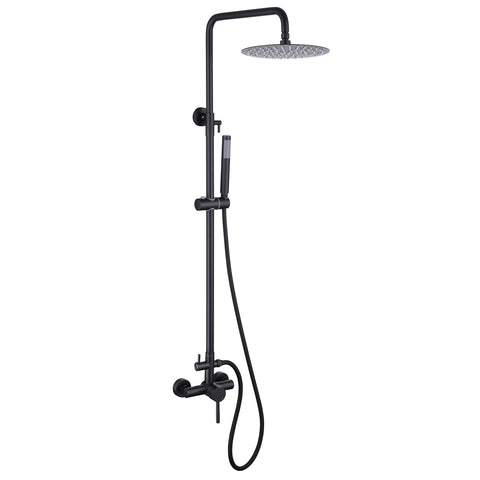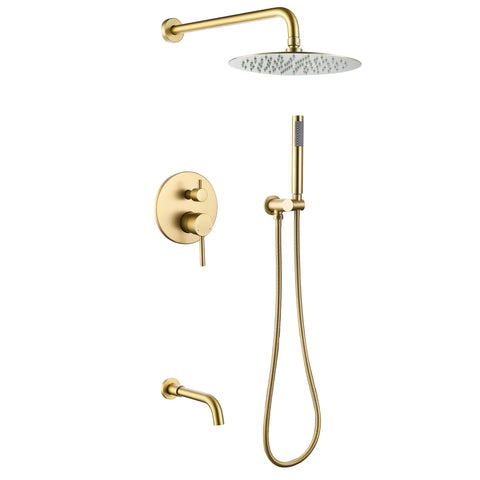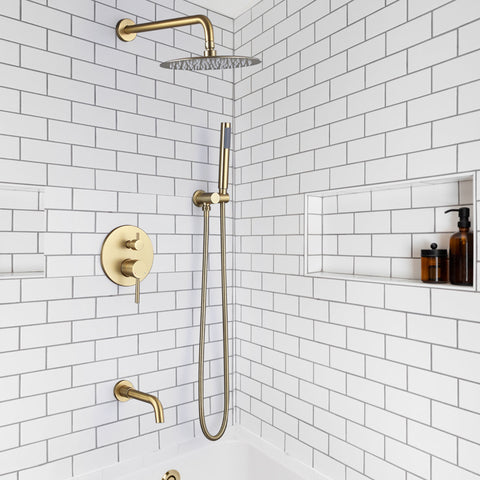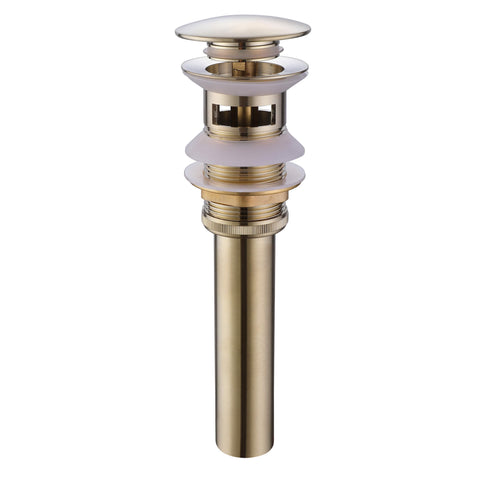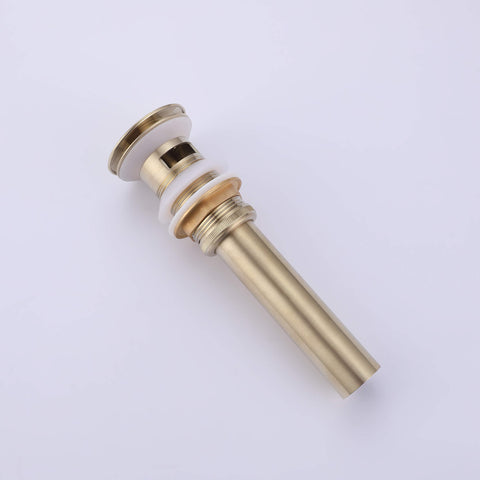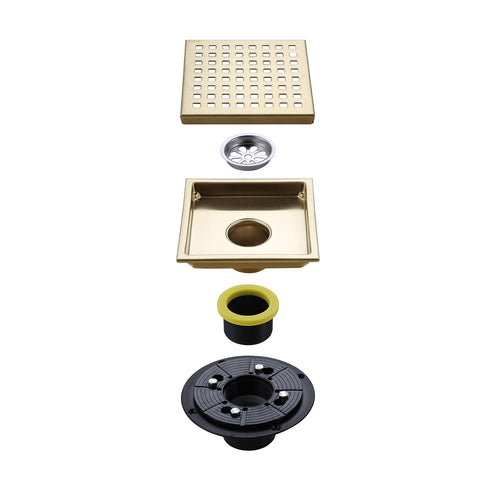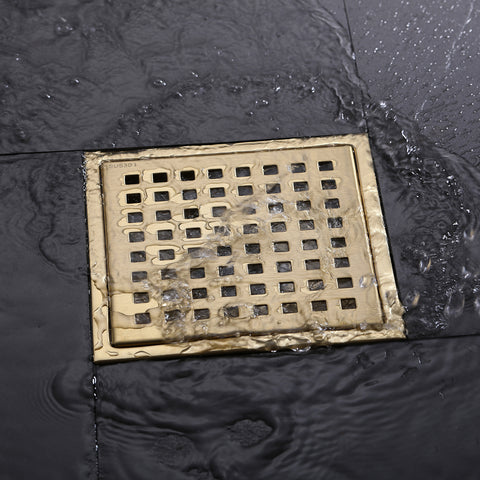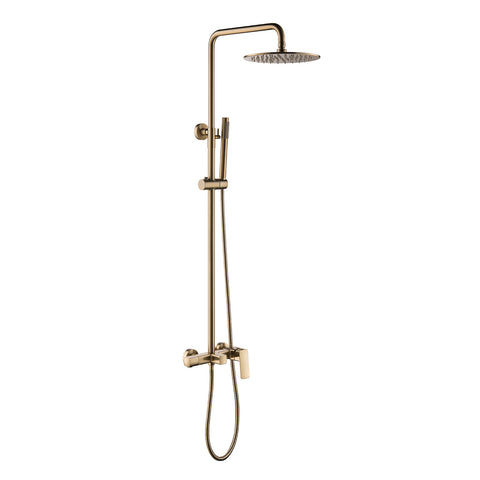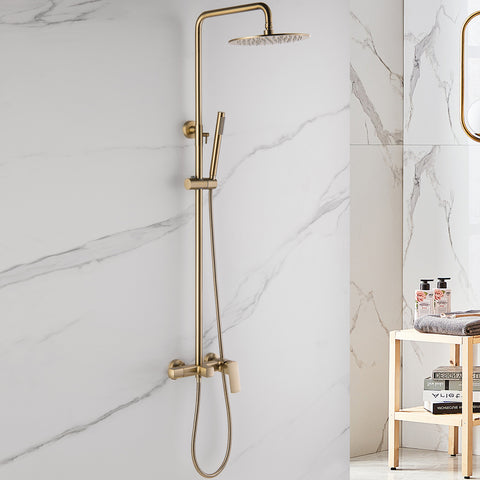Water Conservation: Preserving a Precious Resource
Water is a precious resource that sustains all life on Earth. However, with the growing population and increasing demands, our freshwater supplies are becoming strained. In this blog, we will explore the importance of saving water and focus specifically on one of the most common sources of water waste in our homes – faucets. By implementing simple yet effective water-saving measures, we can contribute to the conservation of this vital resource and protect our planet for future generations.
Understanding the Value of Water
Water is essential for our survival, but it's easy to take its availability for granted. By becoming aware of the value of water and recognizing its scarcity in many parts of the world, we can develop a greater sense of responsibility in conserving it. From supporting ecosystems to providing clean drinking water, every drop of water matters.
The Role of Faucets in Water Waste
Faucets are one of the primary sources of water waste in households. From dripping taps to leaving them running while performing routine tasks, we often overlook the impact of such habits. However, the cumulative effect is significant. According to estimates, a single dripping faucet can waste hundreds or even thousands of gallons of water annually.
Simple Tips to Save Water
- Fixing Leaky Faucets: A dripping bathroom faucet may seem like a minor inconvenience, but it can waste a surprising amount of water over time. Fixing leaks promptly can save significant amounts of water and reduce your water bills.
- Installing Faucet Aerators: Aerators are inexpensive devices that can be easily attached to faucets. They introduce air into the water stream, reducing the flow rate without compromising functionality. This simple addition can cut down water consumption by up to 50%.
- Turning Off Faucets When Not in Use: It's essential to develop a habit of turning off the faucet while brushing teeth, washing dishes, or performing other tasks that don't require a continuous flow of water. This small change can make a substantial difference in water conservation.
- Shortening Shower Times: Showers account for a significant portion of residential water use. By taking shorter showers or using a shower timer, you can conserve water without sacrificing cleanliness or comfort.
- Collecting Cold Water: Instead of letting the water run while waiting for it to heat up, collect the cold water in a bucket or container. This water can be used for plants, cleaning, or other non-potable purposes, reducing overall water wastage.
Spreading Awareness and Encouraging Others
Saving water is a collective effort. By spreading awareness about the importance of water conservation and sharing practical tips, we can inspire others to adopt water-saving practices. Encourage friends, family, and colleagues to join the cause and make a positive impact on our planet's future.
Saving water is a responsibility we all share. By paying attention to our daily habits, particularly when it comes to faucets, we can significantly reduce water waste and contribute to a sustainable future. Implementing simple measures like fixing leaks, installing aerators, and being mindful of water usage can go a long way in preserving this invaluable resource for generations to come. Let's embrace a water-saving mindset and make a difference, one drop at a time.
